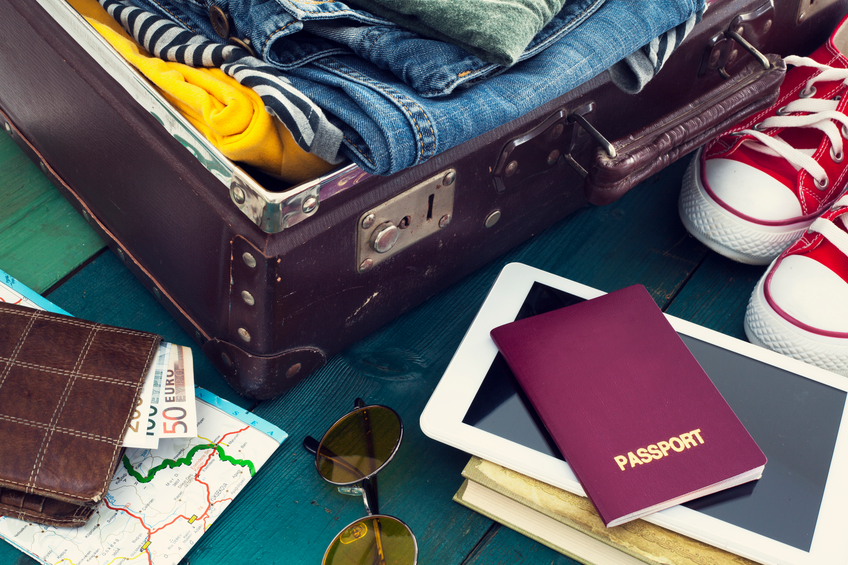During the Summer Olympic Games, a lot of attention was focused on the safety of athletes and spectators traveling to Rio de Janeiro, a hot bed for the Zika virus.
But Brazil isn’t the only country contending with a Zika outbreak. Countries throughout the Caribbean, Central America, the Pacific Islands and South America have reported Zika outbreaks. In July, Florida health officials confirmed the first locally transmitted cases of Zika, all of which were tied to the Wynwood neighborhood in Miami.
So what can you do to safeguard yourself from Zika while you’re traveling? The Centers for Disease Control and Prevention (CDC) offers this advice:
Before your trip:
Pregnant women should not travel to areas with Zika. Women who are trying to get pregnant should talk to their doctors about their travel plans. Check the latest Zika travel notices.
During your trip:
Protect yourself from mosquito bites with an EPA-registered insect repellent. Follow package instructions for applying ““ and reapplying ““ repellent. If you are also applying sunscreen, apply the sunscreen first and the insect repellent second. Dress children and infants in clothing that covers their arms and legs and cover cribs, strollers and baby carriers with mosquito netting. To further protect yourself, treat your clothing with permethrin. Stay in accommodations that have air conditioning and screened windows and doors and use a bed net if no such accommodations are available or you are camping.
After your trip:
Travelers returning from areas with Zika need to take steps to prevent the spread of Zika. Even if they are not symptomatic, travelers returning from Zika areas may be infected with or carrying the virus. Consequently they need to take steps to protect themselves from mosquito bites for three weeks to reduce the chance that they might spread Zika to mosquitoes in the area. See a doctor if you feel sick after your return so that you can be tested for Zika.
Protect yourself during sex:
Because Zika can be passed from one person to another through sex, the CDC recommends using condoms to reduce the chance of sexual transmission if you or your partner has traveled to a Zika area. If you or your partner is pregnant, the CDC recommends condoms or abstaining from sex for the duration of the pregnancy.

